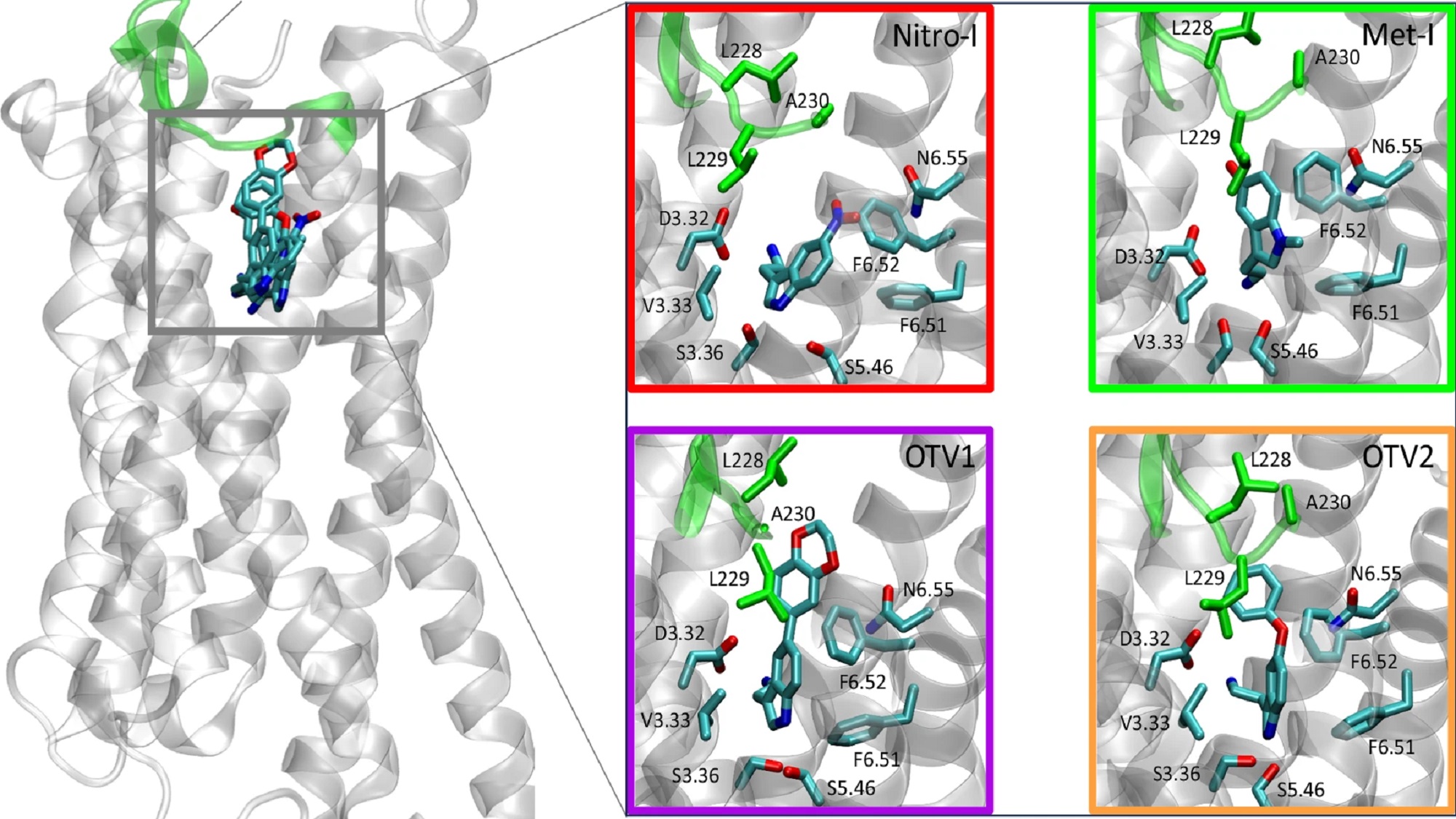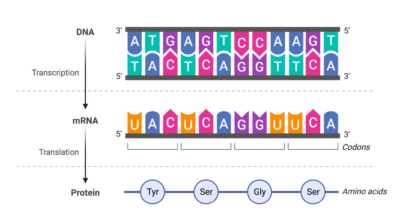Schizophrenia is often treated with drugs that act on a specific type of receptors in the brain, serotonin type 2A receptors. The drug binds to them and triggers a series of reactions. But these do not affect the symptoms selectively, and side effects often occur, which means patients tend to drop out of the medication.
This is why the Hospital del Mar Research Institute (IMIM) has led an international study in which brain proteins have been investigated to find personalized drugs that respond better to the disease. The research was based on analyzing and simulating how drugs not yet tested in humans would act on a very small, molecular scale, in their interaction with serotonin type 2A receptors. This led to four possible substances which, when studied in cells, showed different responses through different types of G proteins – a type of proteins that play a vital role in modulating cell responses in schizophrenia. In particular, one type of G protein was implied in psychosis symptoms, while the other was related to cognitive deficits.
“This is the first time that promising therapeutic targets have been identified for developing drugs that act and benefit a specific profile of schizophrenia patients”
Patricia Robledo, article’s principal author
The study started at the PRBB with computational simulations – at the lab led by Jana Selent – and mouse models – with Patricia Robledo. Then it continued at the Neuropsychopharmacology Group of the University of the Basque Country UPV/EHU and the CIBER group of Mental Health (CIBERSAM), where they evaluated the effect of the drugs on G proteins in human tissue. What they observed was that some compounds inhibit the binding between receptor and G proteins. This represents a potential treatment for psychotic conditions, which was also seen in mice.

These potential new drugs are key to gaining a deeper understanding of the function of G proteins in patients with schizophrenia and to being able to develop new personalized drugs in the future.
Elk Kossatz, Rebeca Diez-Alarcia, Supriya A. Gaitonde, Carla Ramon-Duaso, Tomasz Maciej Stepniewski, David Aranda-Garcia, Itziar Muneta-Arrate, Elodie Tepaz, Suwipa Saen-Oon, Robert Soliva, Aida Shahraki, David Moreira, Jose Brea, Maria Isabel Loza, Rafael de la Torre, Peter Kolb, Michel Bouvier, J. Javier Meana, Patricia Robledo & Jana Selent. G protein-specific mechanisms in the serotonin 5-HT2A receptor regulate psychosis-related effects and memory dèficits. Nature Communications. DOI: 10.1038/s41467-024-48196-2






